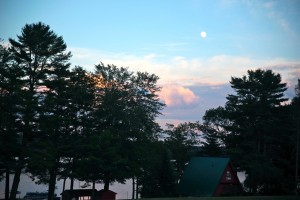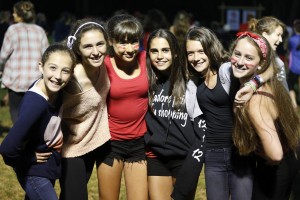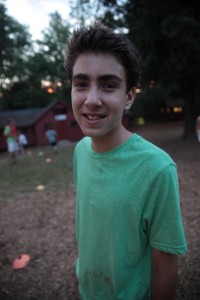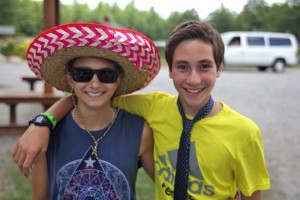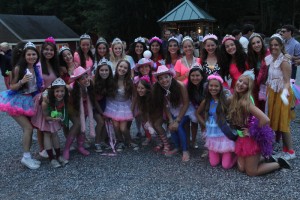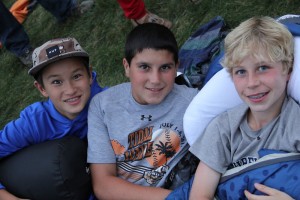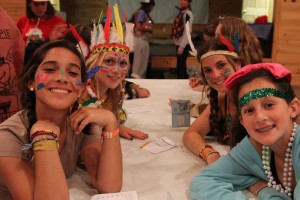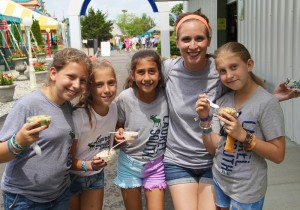 Campers love their camps. They’re green, picturesque and they often feature facilities for just about any activity a kid can dream up. One thing campers also love, however, are camp trips. Camp trips are a lot like school field trips — only better. Way better! They’re a special time away from the daily routine. Campers get to board buses with their friends and go off on an adventure outside of the camp environment. Yes, playing by the camp waterfront with friends is a great way to spend a summer. But taking in a baseball game, visiting a local amusement park, or going bowling with them adds an extra element to the camp experience because it allows campers to do normal “friend things” with some very close friends who they often only get to see during the summer.
Campers love their camps. They’re green, picturesque and they often feature facilities for just about any activity a kid can dream up. One thing campers also love, however, are camp trips. Camp trips are a lot like school field trips — only better. Way better! They’re a special time away from the daily routine. Campers get to board buses with their friends and go off on an adventure outside of the camp environment. Yes, playing by the camp waterfront with friends is a great way to spend a summer. But taking in a baseball game, visiting a local amusement park, or going bowling with them adds an extra element to the camp experience because it allows campers to do normal “friend things” with some very close friends who they often only get to see during the summer.
Rites of passage are a big part of camp and trips are among those rites. While all 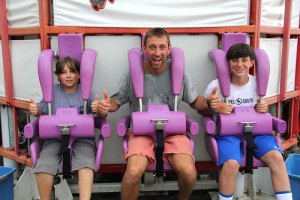 campers enjoy some of the same trip destinations throughout the summer, other places are reserved for campers of certain ages. In this respect, trips become a way for campers to mark time in their camp experience. An exclusive trip makes that specific summer unique because it’s the only summer a camper may go to a specific place.
campers enjoy some of the same trip destinations throughout the summer, other places are reserved for campers of certain ages. In this respect, trips become a way for campers to mark time in their camp experience. An exclusive trip makes that specific summer unique because it’s the only summer a camper may go to a specific place.
Camp trips also help campers put their summer camp experience into perspective. Sure, they could do just about anything they do on a camp trip without having gone to camp, but doing them at camp makes them part of camp. And makes them very special. And very fun! The memory of having done those things at camp makes these excursions even more special, which is likely why there is always a tinge of excitement in the air on trip day.


